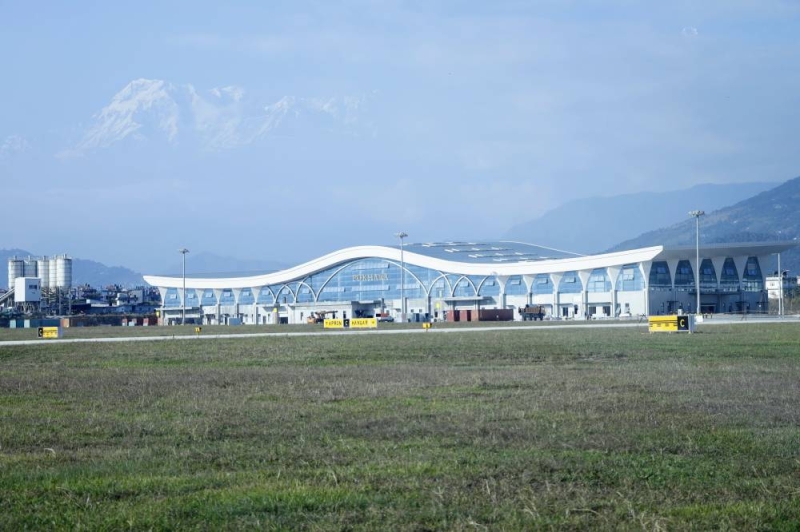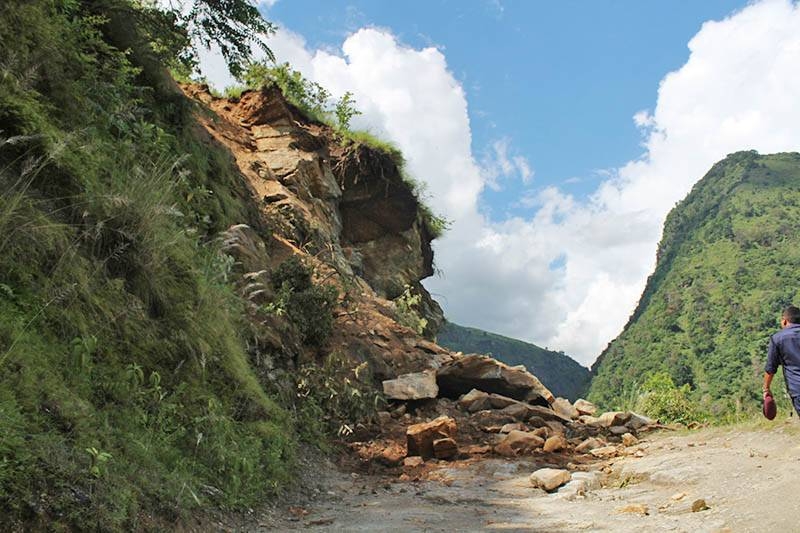Trade policy fails to fire business growth
Trade policy fails to fire business growth
Published: 12:00 am Apr 06, 2004
Himalayan News Service
Kathmandu, April 6:
The business community has complained that the trade policy being followed by the country even after the economic liberalisation of 1992, has not proved to be effective to boost economic activities. The increased criticism of the government has been coupled with the accusation that the environment for doing businesses is deteriorating day by day due to the weak law and order situation. The growing competition in the world has further put Nepali enterprises into difficulties. Low quality, limited range and reach to markets of Nepali exports have further aggravated the situation. Rajesh Kaji Shrestha, president of Nepal Chamber of Commerce (NCC), talking to The Himalayan Times said despite various efforts taken to boost the private sector through policy initiatives, no effective progress has been made, due to weak implementation. Following the liberalisation of trade policies in 1992, all quantitative restrictions on imports were eliminated, current account transactions of BoP were made convertible and exchange rates were determined by market mechanisms. However, all this has been proved insufficient in boosting the private sector’s growth. Basu Giri, president of Federation of Nepalese Cottage and Small Industries (FNCSI), opined that the government has not been able to rescue troubled industries. Showing concerns over the declining performance of small and cottage industries, Giri urged the government to get them out of trouble.
Diversifying the export sector was also another objective of the trade policy after liberalisation, but exportable products have been confined only to limited items such as carpets, garments and pashmina. Shrestha of NCC said economic diplomacy has to be more effective in different parts of the world. Not only the private sector realises slow and weak growth of the business sector, but the government has also realised the structural weaknesses that are hampering the growth of the export sector. Purushottam Ojha, joint secretary at the ministry of industry, commerce and supplies wrote in his paper that the policy adoption and growth in international trade have not contributed to the overall economic growth due to high prices, product and market concentration of exporters, limited forward and backward linkages of the trade sector with the economy, high import content of exports and underdeveloped infrastructure and business services. Ojha said that the high transit cost due to land-locked situation and failure to explore alternative routes to link sea ports are other ‘glaring’ problems. The government says despite Nepal having already completed negotiations for WTO accession, the institutional and legal structures to implement WTO agreement are yet to be fully developed that also affects further growth of trade. Market and product concentrations of exports have resulted in volatile export proceedings, says the report of the ministry of industry, commerce and supplies.





